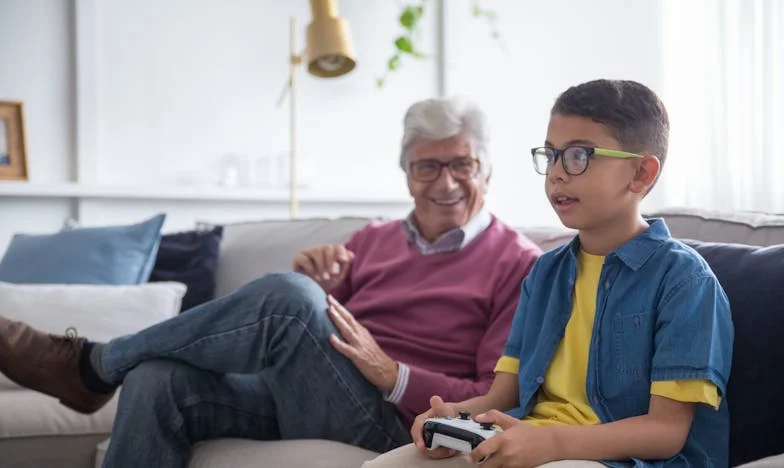“My Husband Wonders Why I Won’t Give My Mother a Key to Our House”: He Just Doesn’t Understand What She’s Like
Ever since I was a child, I knew my mother, Charlotte, was different. She wasn’t the warm, cookie-baking mom who draped herself over couches with laughter during family game nights. No, Charlotte was more a general than a nurturer. Our home in suburban New Jersey was her barracks, and she ran it with military precision.
My father, Gregory, was a pharmaceutical sales rep, a job that kept him on the road more often than not. He seemed relieved, I think, to escape the oppressive order of our household. He was a gentle man, a contrast to my mother’s iron will, and he loved her in a way that was quiet and unobtrusive, much like himself.
Growing up, my brother Kyle and I learned to navigate our mother’s moods and mandates with the skill of seasoned diplomats. We knew better than to leave a dish out or a bed unmade. Charlotte had a way of making her displeasure known, her words sharp and her disappointment sharper.
When I met Brian, my now husband, he was fascinated by the stark differences between our families. His home had been a cacophony of laughter, mess, and warmth. The first time he came to dinner, he was puzzled by the silence that fell with each clink of cutlery on fine china.
Brian and I moved into our own place shortly after marriage, a cozy little house that was often more cluttered and lived-in than not. It was our haven, a place where we could be ourselves without the looming shadow of my mother’s expectations.
The trouble began when Charlotte suggested she should have a key to our house. “Just in case of emergencies,” she said. But Brian and I knew better. This was her way of ensuring she could manage our household as she had managed her own.
Brian, bless his heart, couldn’t understand why I was so opposed to the idea. “She’s just trying to help, Ariana,” he’d argue, his brow furrowed in confusion. He didn’t understand because he had never seen her on a warpath, fueled by the belief that her way was the only way.
I tried to explain it to him one evening, the memories spilling out alongside my tears. I told him about the relentless critiques, the suffocating control, the way my father had slowly wilted under her constant supervision. “I love her, Brian, but I can’t let her do that to us,” I said, my voice a whisper of desperation.
He held me then, and I think he understood a little better why I needed to keep our home as our sanctuary, free from my mother’s reign.
Charlotte didn’t take it well. She accused me of being ungrateful and paranoid, her words stinging like they always did. The rift it caused in our family was palpable. Holidays became tense affairs, and phone calls were formal and infrequent.
In the end, Brian and I held our ground. We kept our home as our own, but the cost was high. My relationship with my mother never fully recovered. She remained a part of our lives, but there was always a cool distance, a formality that hadn’t been there before.
I sometimes wonder if I made the right decision, keeping her at arm’s length. But then I look around at the life Brian and I have built, messy and imperfect and ours, and I know I did what was necessary. Not just for us, but for the family we might one day have. A family that would know laughter and love and the freedom to be imperfect.
And so, our house remains our own, the key to its door ours alone.
